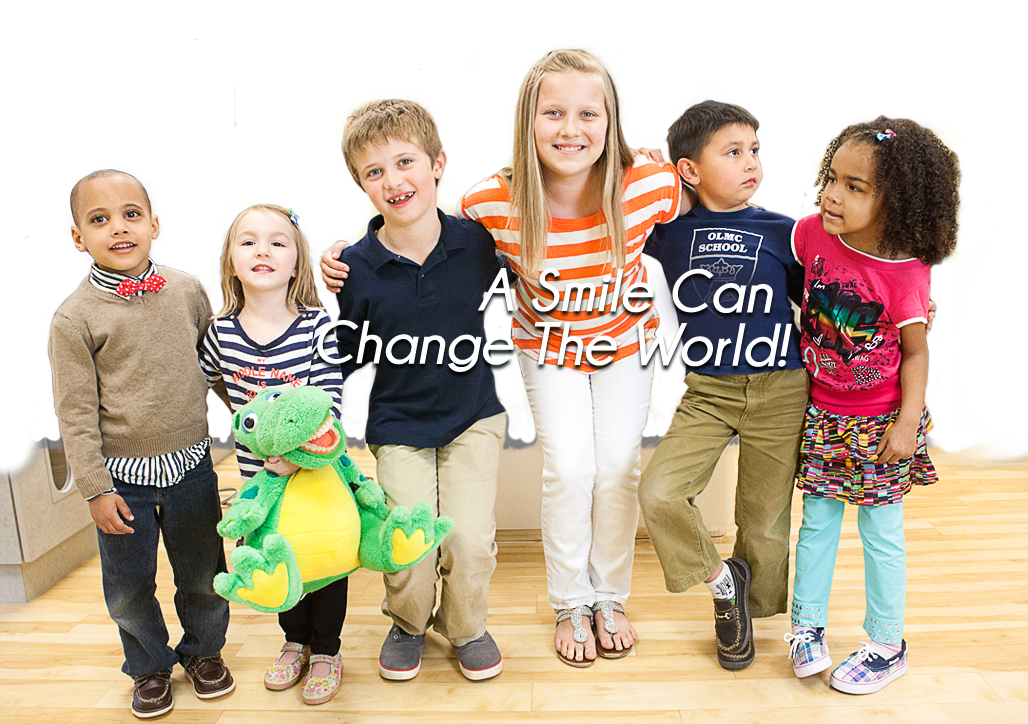Oral Habits
Your baby will naturally want to suck on fingers, pacifiers and other objects. It provides a sense of security and is a way for your child to connect with the world.
Are these habits bad for teeth?
Most children will stop thumb sucking and using pacifiers on their own between 2 and 4 years of age.
However, for some children, these habits continue over longer periods of time which can affect your child’s bite and the growth of the jaws and bones in the mouth.
When does it become a problem?
We’ll carefully watch the way your child’s teeth erupt and the jaws develop to be sure any oral habits aren’t negatively affecting your child. Persistent finger sucking and pacifier use can cause long term problems so we may recommend intervention beyond 3 years of age.
How do I stop my child’s habit?
If your child has not stopped oral habits by the age of 3, it’s important to intervene. Talk to your child about what can happen to their teeth and jaws if they continue. Your pediatric dentist can also encourage your child to stop. Below are some other ideas you may consider:
-
Limit thumbsucking activity to nighttime in the bedroom
-
Recognize and praise your child when he’s not sucking his thumb
-
Practice self-awareness. When your child is sucking his thumb, ask him if he realizes he’s sucking his thumb. If he says no, help him recognize that and find another way to soothe him like a blanket or toy.
-
Help your child understand that he is growing up and one day won’t suck his thumb anymore. Ask questions like “Do you think (insert favorite cartoon character) sucks his thumb?”
-
Start a progress chart to track oral habits







